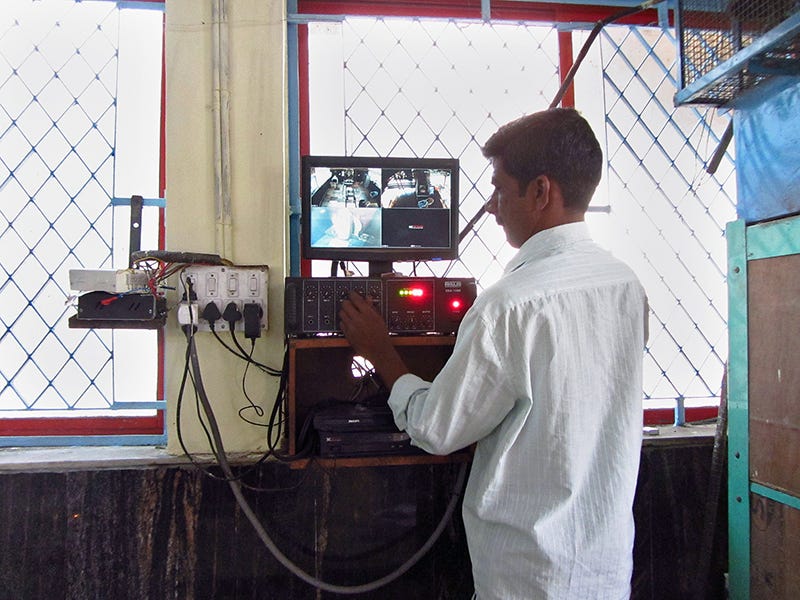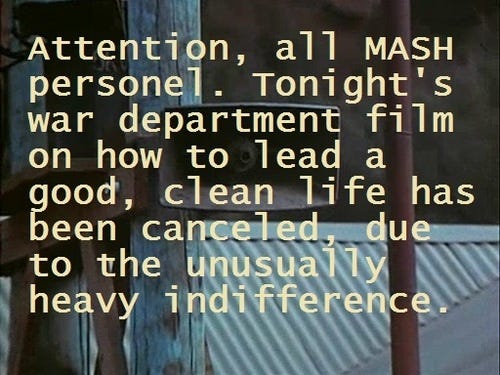Time Shelter
Clearly there was some sort of problem with the sound system, you could hear one of the sound guys say, Shit…and it echoed across the whole square. Then, as if to cover up this gaffe,, the strains of “The International” blared out: Arise, ye workers from your slumber…
The MC’s voice crackled from the speakers. Had they taken the trouble to find old speakers, so we could purposely experience that crackling and popping like back in the day? If that was the case, then some serious brains and cash were behind this movement.
The MC’s voice floated over the square, deep and emotionally charged. They had found an old actor with the same poignance from back then, you couldn’t help bug get goosebumps… The people around me, just like back then, hardly tried to crack the meaning of what was being said, and it wasn’t possible in any case, but the very abracadabra of the utterance, the intonation and the pathos, was the little red light, sufficient to unlock the digestive juices of the past.
In these excerpts from Georgi Gospodinov’s International Booker prize-winning novel, Time Shelter, he describes a public rally in Sofia, Bulgaria that occurs in the present day but has been designed (directed?) to evoke a nostalgia for their socialist period.
That bit with the crackling loudspeakers was good, you did that on purpose, right?
What do you think? And that mistake during the sound check and the sound guy swearing… People remember those sorts of things. Rest assured that from all those identical demonstrations during socialism, that’s exactly what they’ve remembered, some gaffe. And when you re-create it for them now, it takes them straight back there.
The respondent, Demby is a the director of a theatre company that provides services for political parties who require staging to enhance the authenticity of their rallies. He seems to have been modeled on the Russian politician Vladislav Surkov, matching a description by Adam Curtis in his 2016 documentary, HyperNormalisation:
Surkov came originally from the theatre world and those who have studied his career say that what he did was take avant-garde ideas from the theatre and bring them into the heart of politics…
Ahujas
Like many Indian millennials, I was reminded of the horrific feedback and muddy sound we have endured through the decades, as religious, cultural and political functions increasingly became amplified affairs.
Last year, I worked on a documentary shoot in which there was a temple function (to commemorate 500 years of an inscription stone located on its premises). The evergreen Ahuja system arrived via a Tempo and the back-end was installed in a corner of the kitchen. For several hours, a group of ladies sang bhajans through two shared microphones. In order to allow each voice to be equally captured, the mics were placed on the stage floor in a V-shape while the ladies arranged themselves in a wide semi-circle around it. This arrangement also allowed for the sound of the PA’s to be picked up by the mics, producing a sickening high-pitched drone of feedback that drowned out everything else.
I even pitched in trying to get the system to behave, but no restriction in volume was tolerated. The ladies’ performance was followed by an orchestra, who placed a conspicuous tripod-mounted mobile phone at the front of the stage, in order to broadcast the performance via Instagram Live, in case god was beyond earshot of the Ahujas.

Ten years before this, Saurabh Levin and I helped produce a sound piece for an artist duo. This piece was based on a traditional Hindu devotional song, and intended for playback via the sound system of the Kere Muneshwara Sai Baba Temple in Richmond Town as a sound art exhibit. The piece was overlaid with additional instrumentation, distortion effects and field recordings of traffic. The disharmonious elements were gradually faded in, so as not to arouse the temple attendant’s suspicions as to the impropriety of the recording.
In my school days, each morning’s general assembly would invariably yield a gaffe: the inadvertent cough, sneeze or mispronunciation for everyone to remember, re-enact and relish. This wellspring of entertainment was only possible because of the self-seriousness with which general assembly was regarded, just like the rallies of Bulgarian socialism.
M*A*S*H

In the feature film and television series, M*A*S*H, the army hospital camp’s public address system is a prominent character. The zany announcements serve as a comedic foil to the horrors of war, and the film’s end credits were not displayed but instead read out on the camp sound system, by now a fixture of the cast itself.
That is all.






